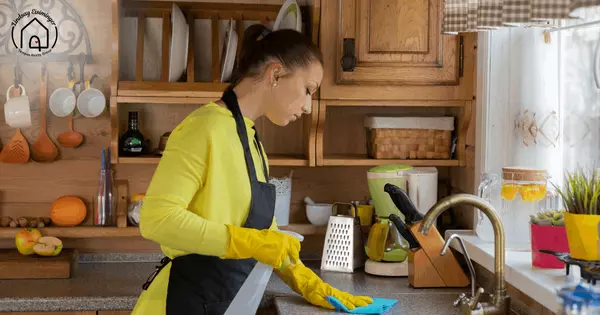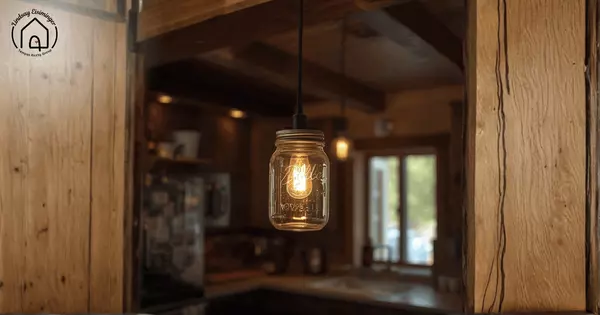How to Make Your Home Inspection Go Smoothly
Preparing for a home inspection is a critical step in the selling process that can significantly influence the buyer's decision. A thorough inspection can highlight issues you may not even be aware of, which can lead to negotiations or, in the worst-case scenario, a deal falling through. To help you navigate this process smoothly, here are essential tips for preparing your home for inspection.
1. Check the Major Systems
Inspectors will evaluate your home’s major systems, including HVAC, plumbing, and electrical. Before the inspection, take the time to ensure these systems are functioning correctly. Schedule any necessary maintenance or repairs. For instance, replace filters in your HVAC system, check for leaks in plumbing, and ensure all electrical outlets are operational. A well-maintained system can reassure buyers about the overall condition of the home.
2. Test All Appliances
If your home sale includes appliances, ensure they are in good working condition. This means testing the stove, dishwasher, refrigerator, and any other included appliances. If any appliances are not functioning properly, consider repairing or replacing them before the inspection. Buyers appreciate a home that comes with reliable appliances, which can be a strong selling point.
3. Address Visible Repairs
A home inspection will often focus on visible repairs that need attention. Fix any obvious issues, such as broken tiles, cracked windows, or peeling paint. Additionally, make sure to repair any leaky faucets or damaged gutters. Taking care of these minor repairs shows buyers that you have taken good care of the home, making them more likely to overlook minor issues.
4. Clean and Declutter
While the inspection focuses on structural and mechanical issues, a clean and organized home creates a positive impression. Make an effort to tidy each room, clear clutter, and ensure that the inspector can easily access all areas of your home. This includes attics, basements, and crawl spaces. A clean environment not only reflects well on you as a seller but also allows the inspector to do their job more efficiently.
5. Provide Documentation
If you have made upgrades or repairs to your home, gather any relevant documentation to share with the inspector. This could include receipts, warranties, or permits for work done on the roof, electrical systems, plumbing, or HVAC. Having this information readily available can validate the quality of the repairs and reassure buyers about the home’s condition.
6. Prepare the Exterior
The outside of your home is just as important as the inside during an inspection. Clear away debris, clean out gutters, and trim overgrown bushes. Ensure that any outdoor features like garages, sheds, or HVAC units are easily accessible. A well-maintained exterior reflects your attention to detail and can significantly enhance buyers' perceptions.
7. Be Flexible with Inspection Scheduling
Once your home is on the market, be prepared for inspection requests. Many buyers will want to conduct their inspections soon after making an offer. Being flexible with scheduling can help you accommodate their needs and demonstrate your willingness to work together, which can foster goodwill in the transaction.
8. Stay Calm and Be Available
During the inspection, it’s typically best to give the inspector space to do their job. However, be available if they have questions or need access to certain areas. Staying calm and approachable can help the process go smoothly. Remember, inspections are a normal part of the selling process, and being prepared will help ease your nerves.
By taking the time to prepare for your home inspection, you can address potential issues upfront and present your home in the best light. A smooth inspection can lead to a successful sale, providing you with peace of mind as you transition to your next chapter.
Categories
Recent Posts












